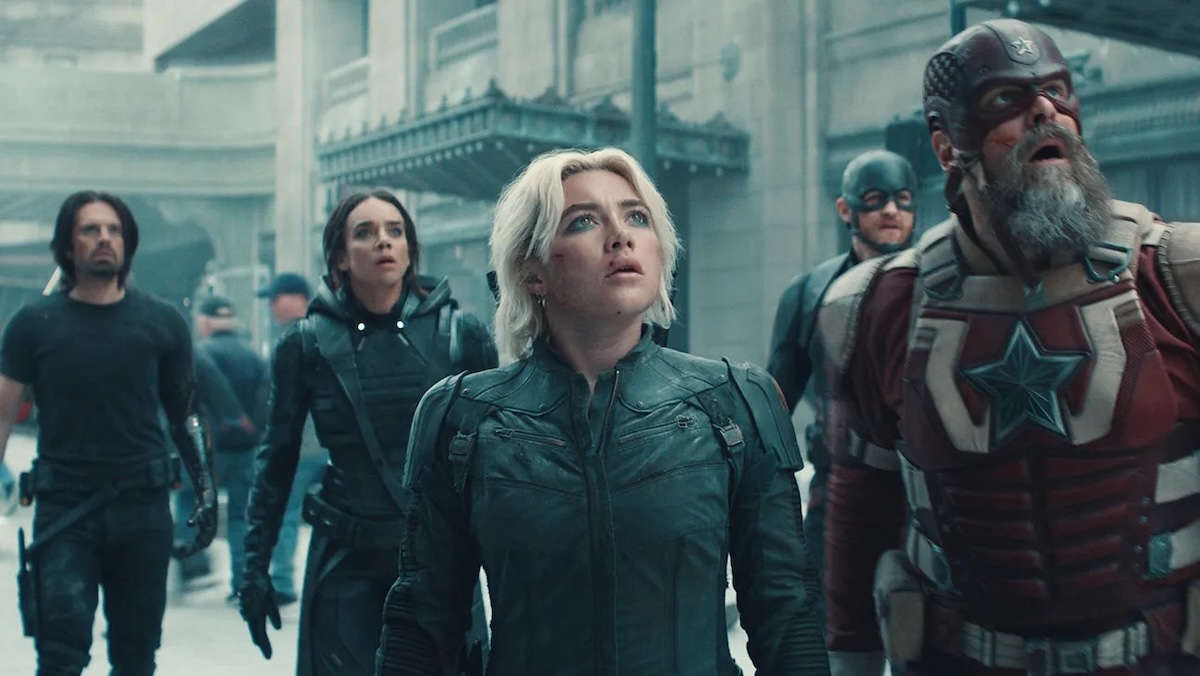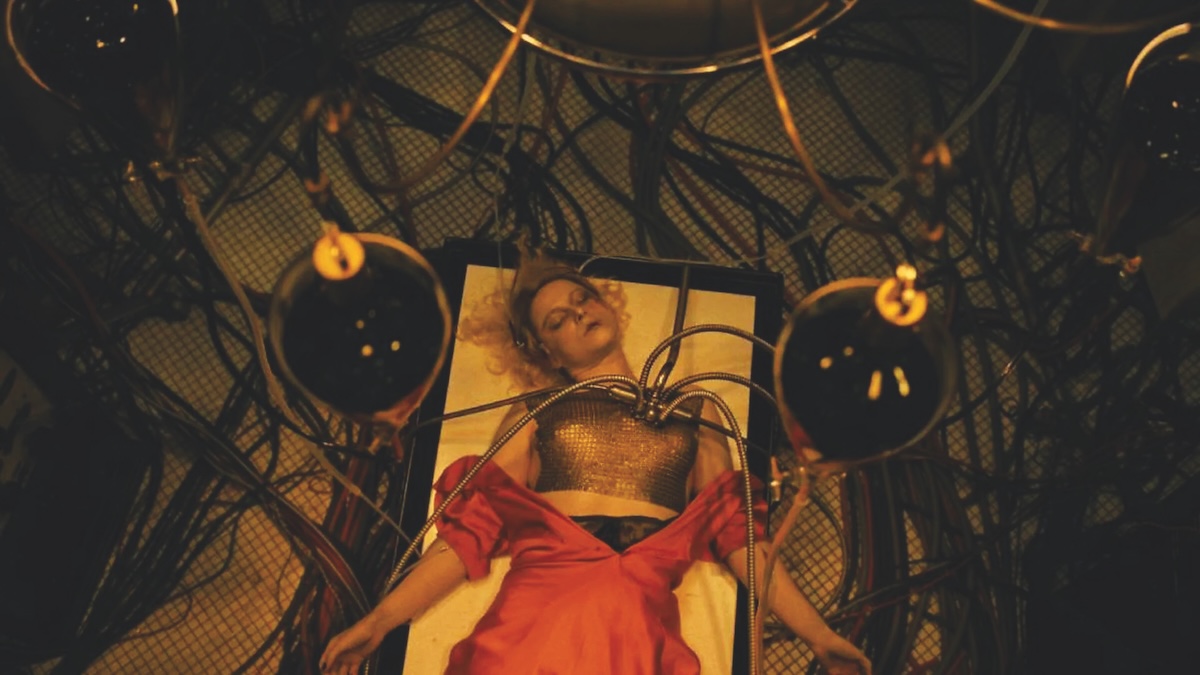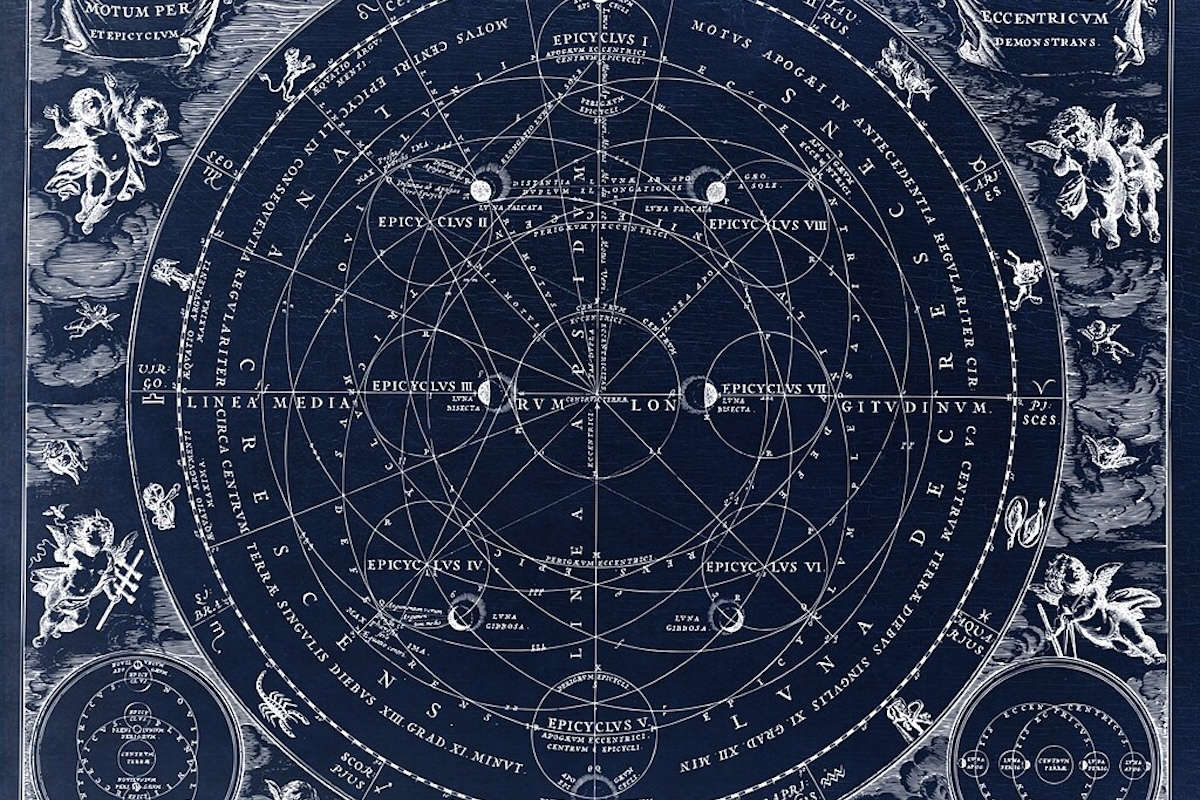It’s no secret that the Marvel Cinematic Universe (MCU) has struggled lately. Post-Endgame, the MCU has fumbled extensively with telling stories in their intricately interconnected universe, and films like The Marvels, Ant-Man and The Wasp: Quantumania and Captain America: Brave New World didn’t come close to reaching their projected grosses (which was still more than most movies make in 100 years).
With the MCU critically and financially declining (with the odd Deadpool & Wolverine still managing to pull in more than a billion) that could be a sign that audiences are now finally experiencing the superhero fatigue that critics have been predicting for nearly a decade, but I think it’s something a little more granular than that.
Going to the movie theater is expensive. If you have a couple of kids who want to see the latest Disney release in IMAX on opening weekend, plus concessions, you’ll spend something close to $200. Most people (especially post-Covid) need more than just a new superhero movie to drop that kind of money on watching a movie with a bunch of (sometimes annoying) strangers when they can wait a month and catch it on Disney+.
For a movie to get people back into the theaters in 2025, it has to feel like a cultural phenomenon. The film must give audiences genuine FOMO to make a billion dollars now. Look at movies like Sinners and Minecraft, which both widely exceeded financial expectations. A big part of that success is word of mouth, Rotten Tomatoes, friends, meme culture, etc. Minecraft as a film is hot garbage, so quality doesn’t matter. For most teens, it only matters what TikTok thinks.
Audiences don’t have superhero fatigue. They just can’t afford to pay for movies that don’t feel “important” anymore. For Marvel to recapture the cultural invulnerability the franchise once had, it needs to go back to what made the studio such a juggernaut in the first place: creating characters audiences care about and putting them through emotional and exciting adventures.
Eternals, The Marvels, Quantumania and Brave New World didn’t flop because people are sick of explosions. They flopped because Marvel forgot that the characters are why people fell in love with the MCU in the first place, not the spectacle (although that doesn’t hurt). People loved Robert Downey Jr. chewing the scenery as Tony Stark just as much (if not more) than him flying around and blowing things up as Iron Man.
With Marvel’s anti-hero team movie, Thunderbolts* (the asterisk makes sense after you see the film), we have a genuinely character-driven story filled with wonderful actors like Florence Pugh, Julia Louis-Dreyfus, Wyatt Russell, David Harbour, Hanna John-Kamen, Sebastian Stan, Lewis Pullman and Geraldine Viswanathan. While there are still plenty of action set-pieces and explosions, it’s the grounded emotions of Pugh, Harbour and company that make the film special. But that also means it might not carry the cultural cache that something like Deadpool & Wolverine or Avengers: Endgame does, since it’s a much more restrained story than we’re used to from the MCU.
Thunderbolts* might feel like homework to people not fully invested in the MCU, as we’re dealing with a group of “heroes” that are all from earlier stories set in the shared universe: Pugh and Harbour were introduced in Black Widow, John-Kamen in Ant-Man and the Wasp, Russell in The Falcon and the Winter Soldier, Stan in Captain America and so on. But none of it is required for the movie to hit as hard as it does. The script by Eric Pearson (Thor: Ragnarok) and Joanna Calo (The Bear) is more interested in the characters’ current emotional turmoil than any past adventures.
This is what makes Thunderbolts* such a breath of fresh air: these heroes are all broken in one way or another. These characters are either addicts, suffering from depression, profoundly grieving, in denial, or some combination thereof. If superhero movies are popular because they allow humanity to search for the heroic in the ordinariness of life, Thunderbolts* is special because it gives us a way to forgive each other for our weaknesses and blunders. If we can have patience for these characters just trying to do their best one day at a time, then maybe we can find some forgiveness for ourselves.
Thunderbolts* is easily the best Marvel movie in years, but that’s undervaluing what the creative team did here and I won’t hold space for cinematic elitism. A good movie is good whether it’s about sad superheroes, gay cowboys, a haunted hotel or a psychopathic clown. While the film still suffers from the recent MCU problem of a wonky first act and an over-reliance on quippy banter, it ends up being such a heartfelt examination of what makes us human that it’s hard to pick too many nits.
After the extremely disappointing Captain America: Brave New World, I was feeling pretty depressed about the state of the MCU, and I know many other people felt the same. While I don’t think Thunderbolts* will bring new or old fans into the fold, it does feel like a course correction into a future where these movies take themselves seriously again. I loved these characters, and as soon as it ended I was looking forward to their next adventure. Hopefully, enough people give this team of misfits a chance so that we get another one.
Grade: B+






